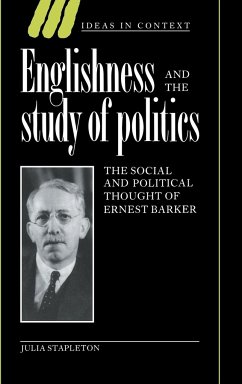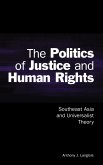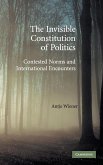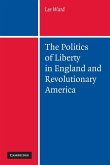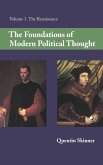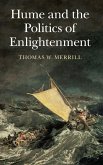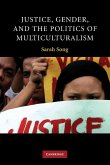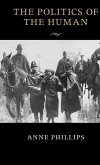The definition of 'Englishness' has become the subject of considerable debate, and in this important contribution to Ideas in Context, Julia Stapleton looks at the work of one of the most wide-ranging and influential theorists of the English nation, Ernest Barker. The first holder of the Chair of Political Science at Cambridge, Barker wrote prolifically on the history of political thought and contemporary political theory, and his writings are notable for fusing three of the dominant strands of late nineteenth- and earlytwentieth-century political thought, Whiggism, Idealism and Pluralism. Infused with a strong cultural sense of nationhood, Barker's writings influenced a broad non academic audience, and their subsequent neglect graphically demonstrates the fate of a certain vision of Liberal England in the generation after World War One. With, however, the erosion of a particular sense of Englishness, Barker's ideas have begun to assume renewed resonance.
Table of contents:
Acknowledgements; Introduction; 1. Lancashire, Idealism and Whiggism: the making of an English political scientist; 2. The polis, law and the development of political studies at Oxford, 1900-1920; 3. Society and the state in the English national past: the lure of Pluralism; 4. Statehood, nationhood, and internationalism: English political theroy and the First World War; 5. Education and national character: the milieu of King's College London; 6. 'Continental' political science and the Cambridge Chair; 7. Traditions of civility: the construction of Englishness in the Second World War and beyond; 8. The expansion of Englishness: the Books Commission, Europe, and the Commonwealth; Conclusion: A late-Victorian liberal-conservative; Select Bibliography; Index.
The definition of 'Englishness' has become the subject of considerable debate, and in this important contribution to Ideas in Context, Julia Stapleton looks at the work of one of the most wide-ranging and influential theorists of the English nation, Ernest Barker.
'An analysis of the thought of one of the most wide-ranging and influential theorists of the 'English nation.' Ernest Barker
Hinweis: Dieser Artikel kann nur an eine deutsche Lieferadresse ausgeliefert werden.
Table of contents:
Acknowledgements; Introduction; 1. Lancashire, Idealism and Whiggism: the making of an English political scientist; 2. The polis, law and the development of political studies at Oxford, 1900-1920; 3. Society and the state in the English national past: the lure of Pluralism; 4. Statehood, nationhood, and internationalism: English political theroy and the First World War; 5. Education and national character: the milieu of King's College London; 6. 'Continental' political science and the Cambridge Chair; 7. Traditions of civility: the construction of Englishness in the Second World War and beyond; 8. The expansion of Englishness: the Books Commission, Europe, and the Commonwealth; Conclusion: A late-Victorian liberal-conservative; Select Bibliography; Index.
The definition of 'Englishness' has become the subject of considerable debate, and in this important contribution to Ideas in Context, Julia Stapleton looks at the work of one of the most wide-ranging and influential theorists of the English nation, Ernest Barker.
'An analysis of the thought of one of the most wide-ranging and influential theorists of the 'English nation.' Ernest Barker
Hinweis: Dieser Artikel kann nur an eine deutsche Lieferadresse ausgeliefert werden.

